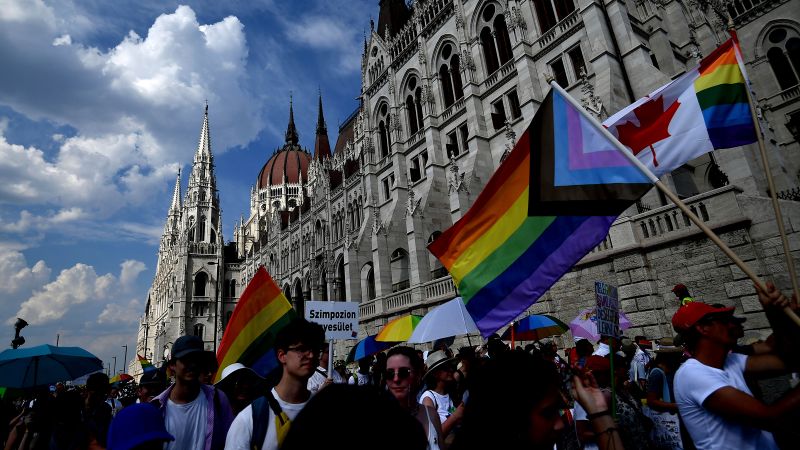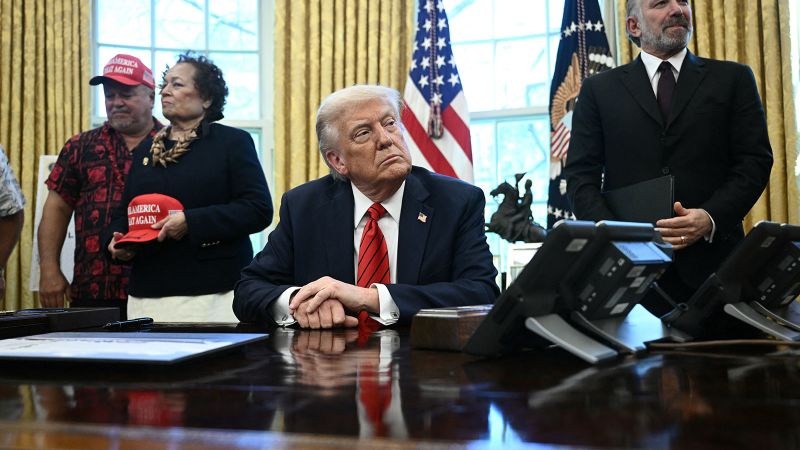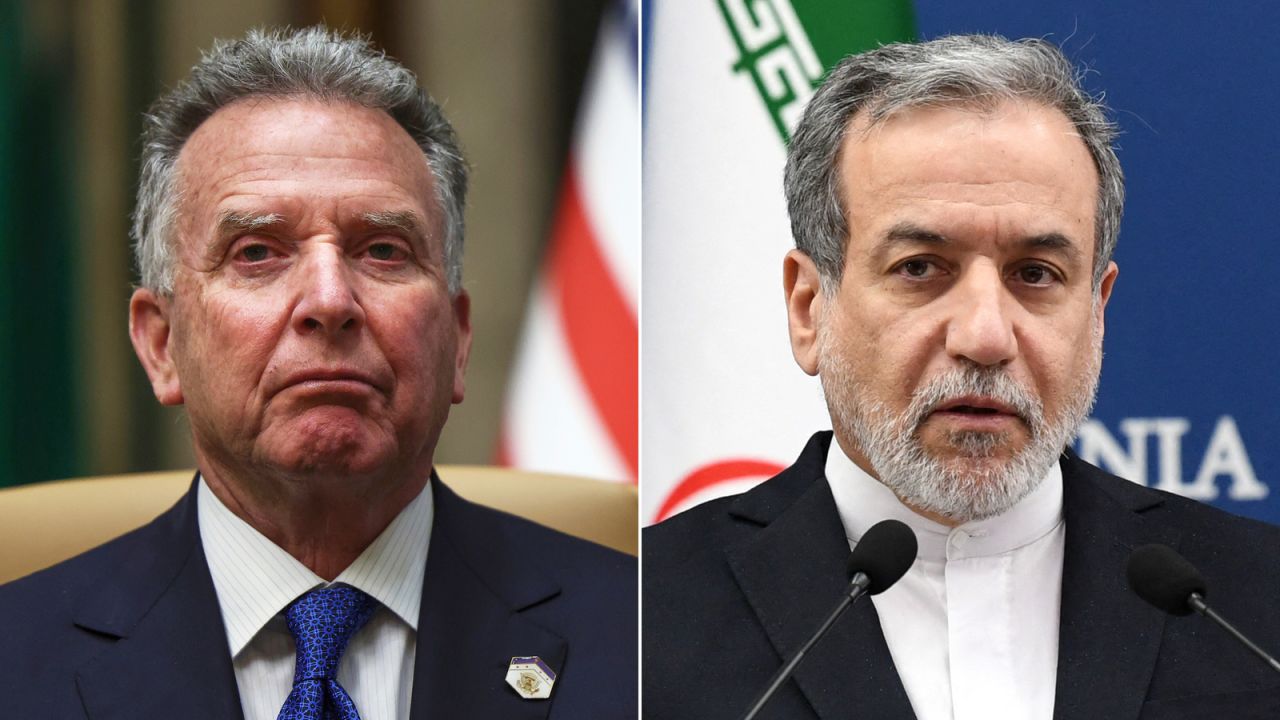Budapest, Hungary
AP
—
Hungary’s ruling coalition continued its crackdown on the country’s LBGTQ+ community on Monday, as members submitted a bill to parliament that would ban the popular Budapest Pride event and allow authorities to use facial recognition software to identify attendees.
The bill is almost certain to pass, as the ruling coalition has a two-thirds majority in parliament.
The bill would make it an offense to hold or attend events that violate Hungary’s contentious “child protection” legislation, which prohibits the “depiction or promotion” of homosexuality to minors under 18.
Attending a prohibited event would carry fines up to 200,000 Hungarian forints ($546), which the state would forward to “child protection.”
The proposal is the latest step against LGBTQ+ people taken by Prime Minister Viktor Orbán, whose government has passed legislation that rights groups and other European politicians have decried as repressive against sexual minorities.
The government portrays itself as a champion of traditional family values and a defender of Christian civilization from what it calls “gender madness,” and argues its policies are designed to protect children from “sexual propaganda.”
Hungary’s “child protection” law was passed in 2021. Aside from banning the “depiction or promotion” of homosexuality in content available to minors – including in television, films, advertisements and literature – it also prohibits the mention of LGBTQ+ issues in school education programs, and forbids the public depiction of “gender deviating from sex at birth.”
In a speech in February, Orbán hinted that his government would take steps to ban the Budapest Pride event, which attracts thousands and celebrates the history of the LGBTQ+ movement while asserting the equal rights of the gay, lesbian, bisexual and transgender community.
Budapest Pride is marking its 30th anniversary.
Organizers have called Orbán’s drive to ban the event a restriction of fundamental freedoms of speech and assembly.
























